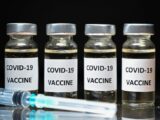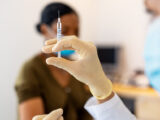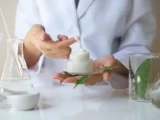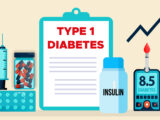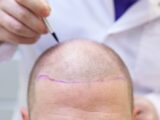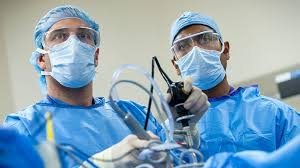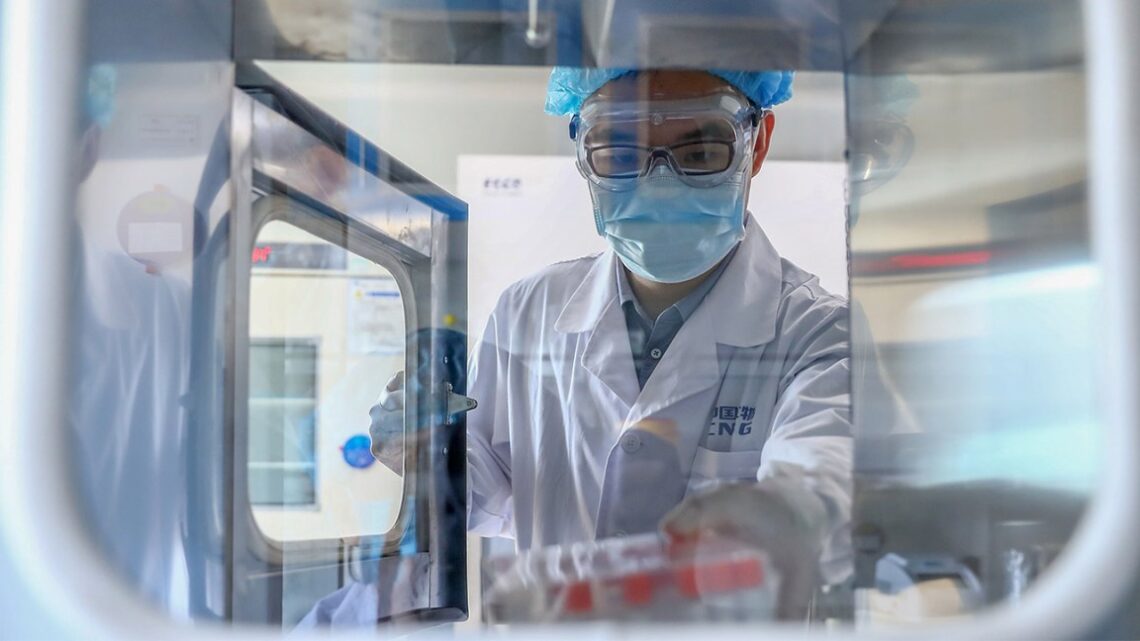
How Covid-19 vaccines have been carried out so quickly from the laboratory to clinical trials for the authorization of the FDA
May 5, 2021 0 By RajeshOn December 14, nine months after the pandemic forced the nation in quarantine, an intensive care nurse named Sandra Lindsay made history. Lindsay, the Director of Nursing Critical Care of the Jewish Medical Center Long Island in New York, has become the first person in the United States to receive a CVIV-19 vaccine outside a clinical trial.
Since that day of December Triumphant, nearly 124 million people in the United States-more than 37% of the total population – have received at least one dose of one of the three CVIV-19 vaccines benefiting from an authorization from Emergency use by food and drug administration (FDA). For many, the release of the vaccines looked like the first stage of normal, pre-pandemic life, and they have appointed an impatient for a shot as soon as they could.
However, for many others, vaccines are considered with suspicion, thought they were produced and tested too quickly to be safe. Conversations on social media to zoom to real life, a considerable number of people on the other side of the country take a wait and see an attitude – or even a “no, never” position concerning the blows. When the associated press carried out a survey in collaboration with the NORC Public Affairs Research Center in February and asked 1,055 Americans, why they would not receive the vaccine, “I have the impression of precipitate” was An answer that seemed to be researched by others.
If obtaining the vaccine was only a question of personal choice without consequences, this high number of hesitant people would not be remarkable. However, according to medical experts, 70 to 90% of the population will have to be vaccinated to stop the propagation of the virus. “The only path to the realization of our society at normal is a vaccine”, “Ross Kedl, PhD, professor of immunology and microbiology at the University of Medicine of Medicine at the University of Colorado Anschutz, tells health. “There has never been any infection against which we have reached the immunity of the flock without one.” Not only vaccines can help achieve the immunity of herds, when enough people in a Population have been vaccinated so that no one is unlikely, but it can prevent new and more dangerous variants from emerging.
For these reasons, addressing the concerns of those who do not trust the vaccine is a public health imperative. Here, medical experts detail why the rapid development of the vaccine is not the result of poor medicine, but the gain of bureaucratic efficiency and scientific know-how

